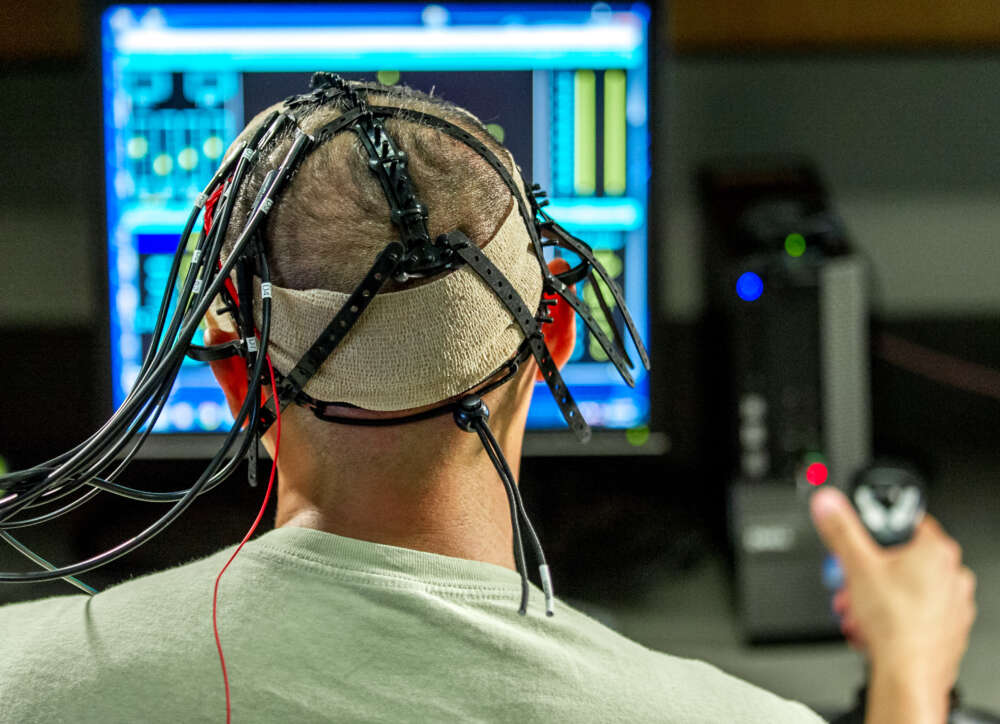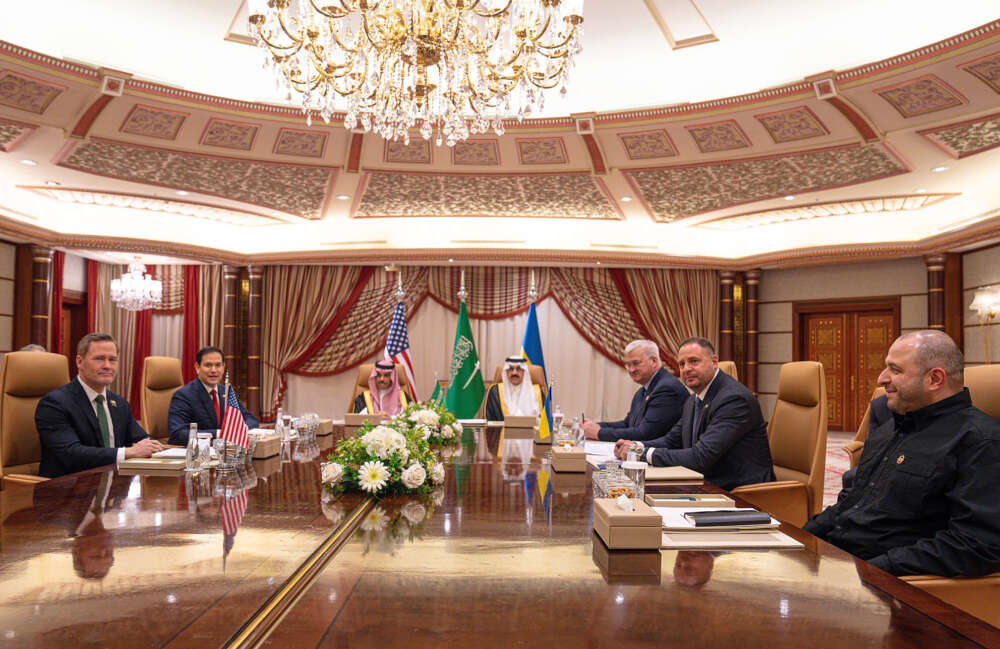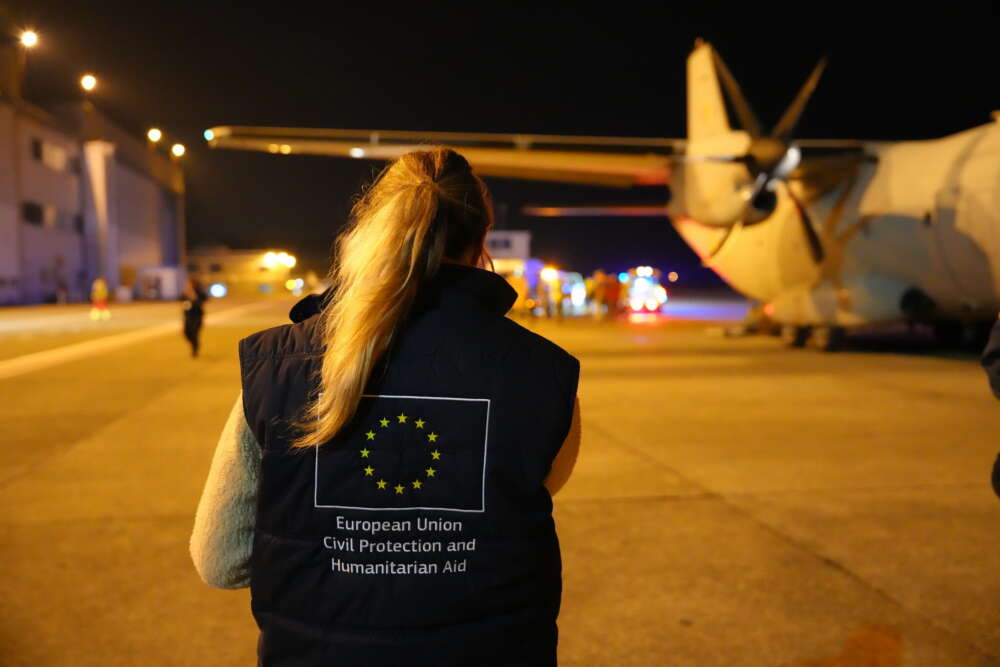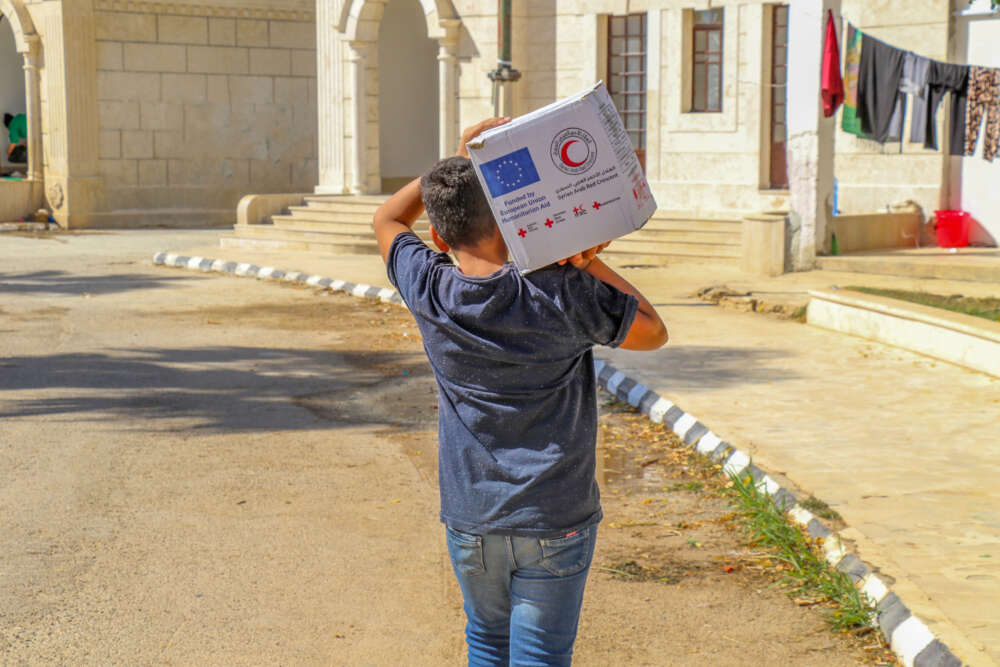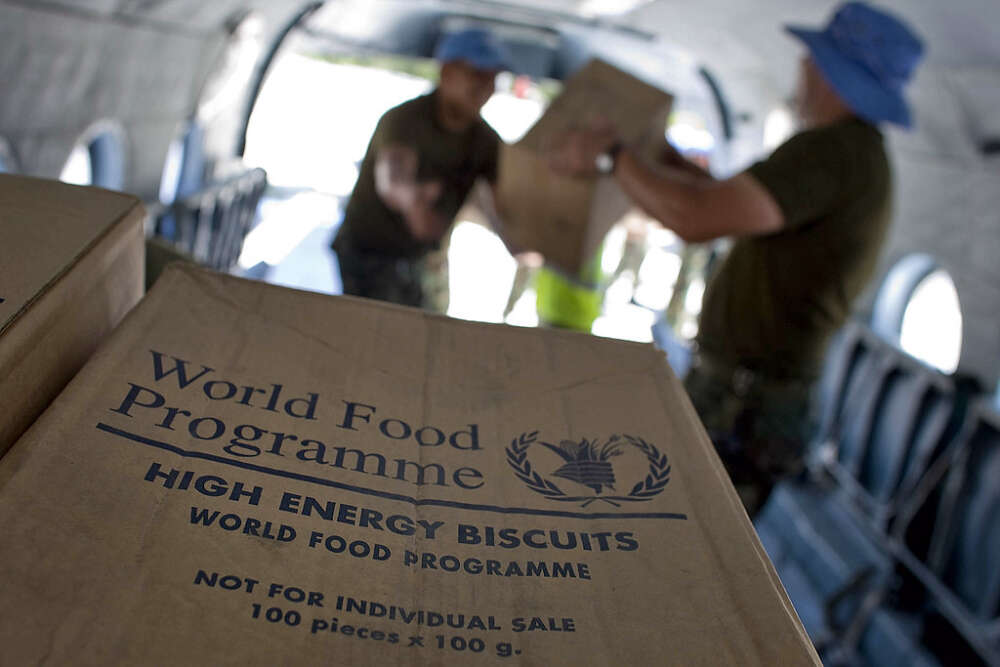Neurotechnology: A New Frontier for Prosperity and Security in Germany and Europe?
How can German and European foreign and security policy seize the opportunities and avert the threats neurotechnologies present?
Beyond the Headlines: Germany’s 2025 Election and Ukraine
In this video series, four GPPi experts shed light on critical dimensions of Russia’s war against Ukraine that risk being lost in Germany’s election-driven debates, highlighting the issues they think are most important for incoming policymakers and the public to understand.
IAHE: Lessons from the Scaled-Up Humanitarian Response in Somalia
In this evaluation, GPPi analyzed the scaled-up humanitarian response in Somalia (launched to mitigate the effects of a severe drought in 2021 – 2023) and distilled lessons for future scale-ups.
Outcome Neutral?
How and why have third-party actors engaged in mediation efforts in the Russia-Ukraine war? And, despite the limitations of these efforts, can they make a difference in the future?
Europe in the Turtle Trap: Defense Spending Alone Will Not Protect Us
Broadening the EU’s debt break to include “external security” alongside defense spending could go a long way in ensuring that these reforms actually improve Europe’s long-term security.
Neurotechnology: Considerations for Foreign and Security Policy
This project analyzes the rapidly developing field of neurotechnology from the perspectives of foreign and security policy. How might Germany take on a strategic position in the global neurotechnology ecosystem?
Europe’s Unwilling Trade Warriors
Germany and Europe must prepare for a tough confrontation with Trump. As Thorsten Benner suggests, there are valuable lessons to be learned from Canada’s determination and resolve.
Time to Strengthen the EU’s Engagement in Fragile and Conflict-Affected States
As negotiations for the next EU funding cycle approach, there needs to be a clear policy discussion about how engaging in fragile and conflict-affected states is in the interest of Europeans.
Evaluation: WFP’s Approach to Targeting and Prioritization
With dramatically diminishing resources, humanitarian organizations like the World Food Programme have to make tough decisions about whom to assist, how long to provide support and what activities to prioritize. We evaluate the WFP’s approaches to ‘targeting’ and ‘prioritization’ for food and nutrition assistance.
Europa hat im Zollkrieg viele Möglichkeiten gegen Trump
Der Plan, durch einen Deal mit dem US-Präsidenten einen großen Handelskrieg abzuwenden, ist zwar nicht aufgegangen. Doch Brüssel ist solide auf die Auseinandersetzung vorbereitet.
Nach dem Trump-Selenskyj-Streit: Alles wieder gut zwischen USA und Ukraine?
Was die gestrigen Gespräche in Saudi-Arabien für US und Ukraine bedeuten and wie Russland auf den Vorschlag zu einer Waffenruhe reagieren könnte? Darüber hat GPPi’s Julia Friedrich mit SWR-Aktuell gesprochen.
Politologe dämpft Erwartungen an Telefonat von Trump und Putin
Hauptinteresse der USA ist, sich aus dem Krieg in der Ukraine zurückzuziehen, sagt Politologe Andreas Heinemann-Grüder. Druck auf Moskau sei nicht zu erkennen. Er hofft auf kleine Fortschritte durch eine Waffenruhe und vertrauensbildende Maßnahmen.
